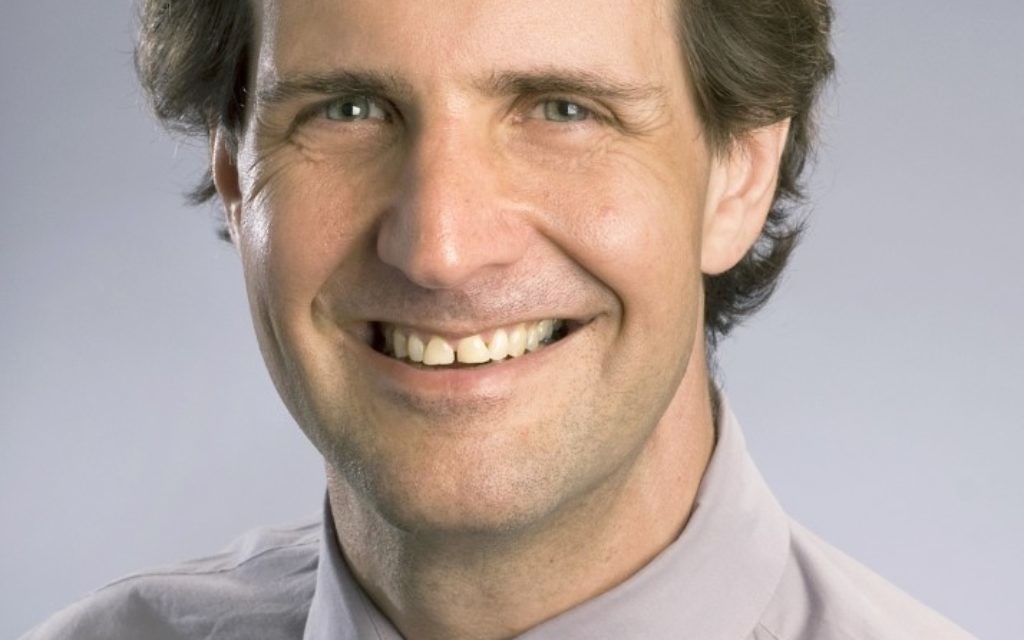Getting the Right Care While Growing Old
It’s just a part of getting old.
People tell themselves that all the time. If you can’t run as fast at 70 as you did at 30 or it takes you a few extra minutes to get up and out of the house in the morning, natural aging might be to blame.
But “there’s a lot of things that people presume or imagine or believe that are a part of getting old that are not part of getting old,” said Jonathan Flacker, the chief of geriatrics and gerontology at Emory School of Medicine and the Grady Geriatrics Center and the chairman of the American Geriatrics Society’s education committee.
Get The AJT Newsletter by email and never miss our top stories Free Sign Up
Geriatricians, who specialize in the health care of the elderly, “usually don’t tell people they have a problem because they’re old,” he said. “They have a problem because they have a problem.”
Among the issues a geriatrician is trained to investigate or manage are incontinence, falling down, memory problems, depression, weight loss and even a general sense that someone just isn’t doing well.

The key issue, Flacker said, is whether a person can have better functionality and an improved quality of life, which is a different approach than a family medicine doctor, internist or specialist might take with some of the same conditions. A geriatrician is less focused on specific numbers on lab tests.
An 80-year-old could wind up on 10 or 20 medications for various problems being treated by specialists, and each of those pills is justified in isolation. But taken together, it’s too much. A geriatrician, who generally schedules more time with each patient in part to coordinate care, can help prioritize the medications that are most important to the quality of life.
“People in geriatrics are really trained to address and handle complex multiple problems at the same time,” said Flacker, a member of The Temple, where his wife, Lorie, teaches second grade in the religious school.
That expertise includes the complexity of dealing with an aging person’s emotional and mental health and helping family members come to grips with the needs and desires of an elderly patient while they also deal with their own lives.
Having multiple problems associated with aging, from hypertension and osteoporosis to moderate dementia and organ failure, indicates a geriatrician would be a good option as a primary care physician. But Flacker said he’s happy to work on a consulting basis and often would prefer to see patients stay with their longtime doctors as long as those physicians can take the time to follow geriatric procedures.
There’s no specific age when patients should think about a geriatrician. Flacker said the average age of his patients has remained around 86 or 87 since he arrived in Atlanta in 2000.
People who have suffered a stroke or have multiple sclerosis or some other condition might turn to a geriatrician at age 65, but for healthy people that’s an arbitrary and hard-to-defend age to make a health care change, Flacker said.
“Although I’m perfectly happy to see perfectly healthy older adults and talk about healthy aging … for people like that it’s less clear for me to see the advantage of seeing a geriatrician over a really good family medicine (doctor) or internist,” he said.
Atlanta is a good place to grow old, though, because of its high number of geriatricians per capita, thanks to strong programs at Emory and Morehouse, Flacker said. The region also has high-quality services for the elderly, such as the senior centers in Fulton and DeKalb counties, the Atlanta Area Agency on Aging, and a 24-hour advice line for caregivers, he said.
After all, he said, “if you expect somebody to sit in a room all day and not do anything and be happy about it, I wouldn’t be happy about it, nor is anybody’s grandfather going to be happy about it.”
But people have to use the resources available, including the geriatricians.
“I think there’s just too much out there of people accepting things that are actually treatable, and it’s just a shame,” Flacker said. “A lot can be done to improve people’s quality of life at any age and pretty much any state of disease or impairment. I think we’re a little too accepting of those kinds of things.”





comments